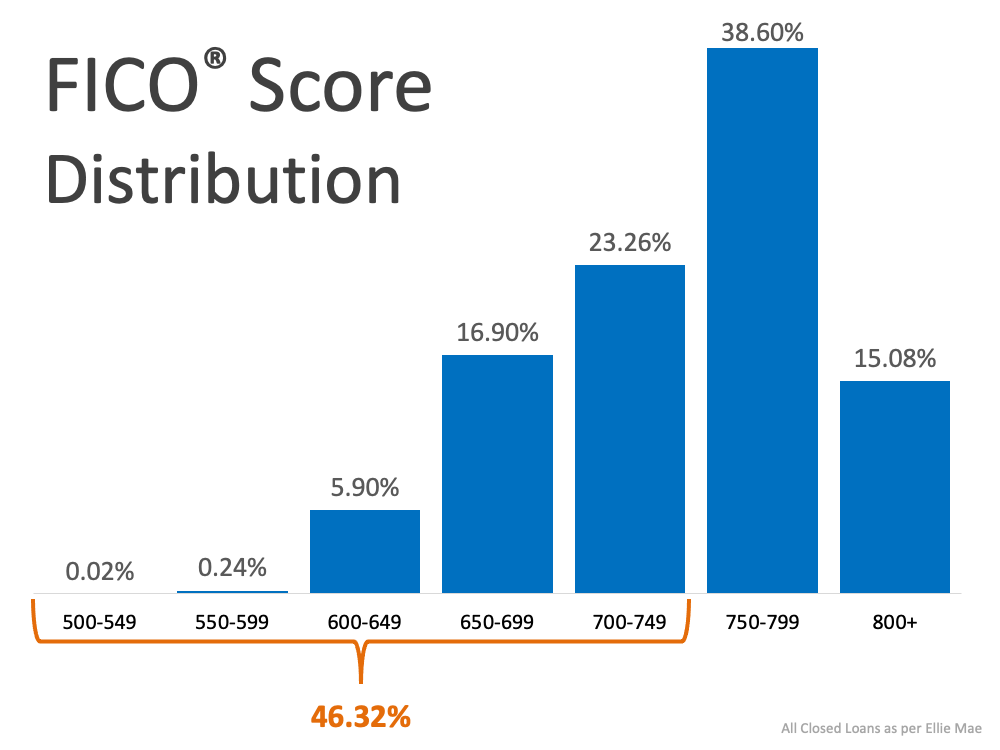
Conventional Loans
What is a Conventional Loan?
A Conventional loan is a loan that is not backed by a federal agency, but instead backed by private lenders such as Fannie Mae or Freddie Mac. Typically, they may require more from the borrower than an FHA LOAN.
What are the requirements for a Conventional Loan?
 Primary residence or investment
Primary residence or investment- 3% Down (first-time homebuyer only)
- Minimum 620 credit score
- NO Mortgage Insurance if more than 20% down
- Down payment can be a gift
- Seller allowed to contribute towards closing costs
What types of Conventional Loans are there?
A conforming loan is a loan that adheres to the loan limits set by Fannie and Freddie.
- $484,350 IN MOST COUNTIES
- Most common loan type.
- Loan amount must be $484,350 or less in most counties and may be as high as $726,525 in high-cost counties.
- If your down payment is less than 20%, you’ll typically need mortgage insurance.
- Credit score of 620
A non-conforming loan is a loan that falls outside of the conforming loan limits.
 UP TO $1-2 MILLION
UP TO $1-2 MILLION- Credit Score of 640
- Jumbo loan for amounts greater than the Conforming Jumbo limit in your county, up to $1-2 million
- UP TO $1-2 MILLION
- Credit Score of 640+
- Jumbo loan for amounts greater than the Conforming Jumbo limit in your county, up to $1-2 million
Anyone who meets the necessary criteria for a conventional loan
What Credit Score is Required for Conventional Loans?
Curious to know what credit score is required for a mortgage? We will break it down below; it may be easier to get qualified for a home loan than you think.

According to data from the most recent Origination Insight Report by Ellie Mae, the average FICO® score on closed loans reached 753 in February. As lending standards have tightened recently, many are concerned over whether or not their credit score is strong enough to qualify for a mortgage. While stricter lending standards could be a challenge for some, many buyers may be surprised by the options that are still available for borrowers with lower credit scores.
The fact that the average American has seen their credit score go up in recent years is a great sign of financial health. As someone’s score rises, they’re building toward a stronger financial future. As more Americans with strong credit enter the housing market, we see a natural increase in the FICO® score distribution of closed loans, as shown in the graph below: If your credit score is below 750, it’s easy to see this data and fear that you may not be able to qualify for a mortgage. However, that’s not always the case. While the majority of borrowers right now do have a score above 750, there’s more to qualifying for a mortgage than just the credit score, and there are still options that allow people with lower credit scores to buy their dream home. So what credit score is required for a mortgage? Here’s what Experian, a global leader in consumer and business credit reporting, says:
- Conventional loans: “The most popular loan type typically comes with a 620 minimum credit score.”
- S. Department of Agriculture (USDA) loans: “In general, lenders require a minimum credit score of 640 for a USDA loan.
- S. Department of Veterans Affairs (VA) loans: “VA loans don’t technically have a minimum credit score, but lenders will typically require around 620.”
At Geneva we offer programs with credit scores as low as 620. Read more about our loan programs here
There’s no doubt a higher credit score will give you more options and better terms when applying for a mortgage, especially when lending is tight as it is currently. When planning to buy a home, speaking to an expert about steps you can take to improve your credit score is essential so you’re in the best position possible. However, don’t rule yourself out if your score is less than perfect – today’s market is still full of opportunity.
Don’t let assumptions about whether your credit score is strong enough put a premature end to your homeownership goals. Let’s connect today to discuss the options that are best for you, view our locations here.
Try our interactive mortgage calculator to see what your mortgage payment could look like:

